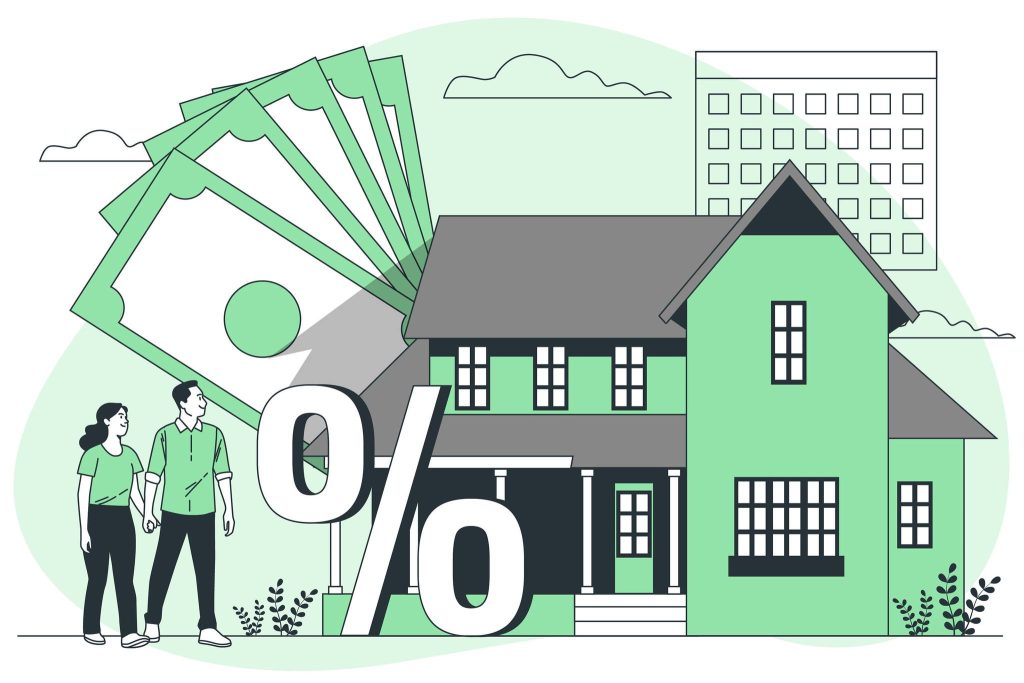
After more than four years of aggressive interest rate hikes aimed at curbing inflation, the recent cash rate decrease marks a significant shift in the economic landscape. This marks the first rate cut since November 2020.
A New Economic Era
Interest rates play a central role in the economy by influencing borrowing costs, which in turn affect consumer spending, business investment, and the housing market. The central bank’s decision to reduce the cash rate signals a shift toward a more accommodative monetary policy. This could have far-reaching effects, particularly as it follows a period of higher rates designed to cool inflation and bring it back to target levels.
For consumers, the immediate impact is a reduction in the cost of borrowing. Home loans become cheaper to service, creating the potential for increased demand in the housing market. But what does this mean for prospective homebuyers, property investors, and the broader real estate landscape?
How the Housing Market Could React
Historically, there has been a close connection between consumer sentiment and housing activity. When interest rates fall, buying a home becomes more affordable. This, in turn, can lead to a surge in housing demand, especially for first-home buyers and those looking to upgrade their properties. But it’s not just about affordability—lower rates can also boost consumer confidence, helping to counterbalance broader economic concerns.

The Benefits of Lower Rates for Homebuyers
With borrowing costs on the decline, buyers may find themselves in a more favorable position to enter the housing market. For many, the ability to lock in a lower mortgage rate could mean lower monthly repayments, freeing up extra income for other financial goals. For those looking to upgrade or enter the market for the first time, a reduced cash rate may present an opportune time to make a move.
However, it’s not just about affordability. The change in the cash rate also has the potential to stimulate greater market activity. Buyers, sensing that conditions are becoming more favorable, may flood the market in the coming months, sparking heightened competition—especially in popular regions. This surge in demand could ultimately push up property prices, particularly in tightly held areas.
What This Means for Property Investors
The cash rate decrease also offers promising prospects for property investors. With lower interest rates, investors will likely experience reduced borrowing costs, making it easier to finance property purchases and potentially increasing their investment returns. For those holding multiple properties, the reduction in servicing costs could also improve cash flow, which might allow for further acquisitions or renovations.
For investors, this shift may signal the beginning of a more dynamic phase in the property market, marked by increased activity and possibly rising property values. However, it’s crucial to remain aware of market conditions in your specific area, as the impact of the rate cut can vary by location.
Rising Consumer Confidence: A Game-Changer for the Market
The link between consumer sentiment and housing demand is well established, and a rate cut typically helps bolster confidence. As buyers feel more optimistic about their financial future, they’re more likely to make major decisions, such as purchasing a home. This improved sentiment, paired with more affordable mortgage rates, could breathe new life into the housing sector, leading to a period of growth and increased activity.
Looking Ahead: What to Consider
For those looking to buy, sell, or invest in property, now is a key moment to evaluate how the changes in interest rates may affect your decisions. The housing market could be on the verge of a significant shift, with increased buyer demand, rising prices, and heightened competition on the horizon.
Disclaimer: The information in this article is for general informational purposes only and should not be considered financial advice. Rates may vary based on individual circumstances and market conditions.








